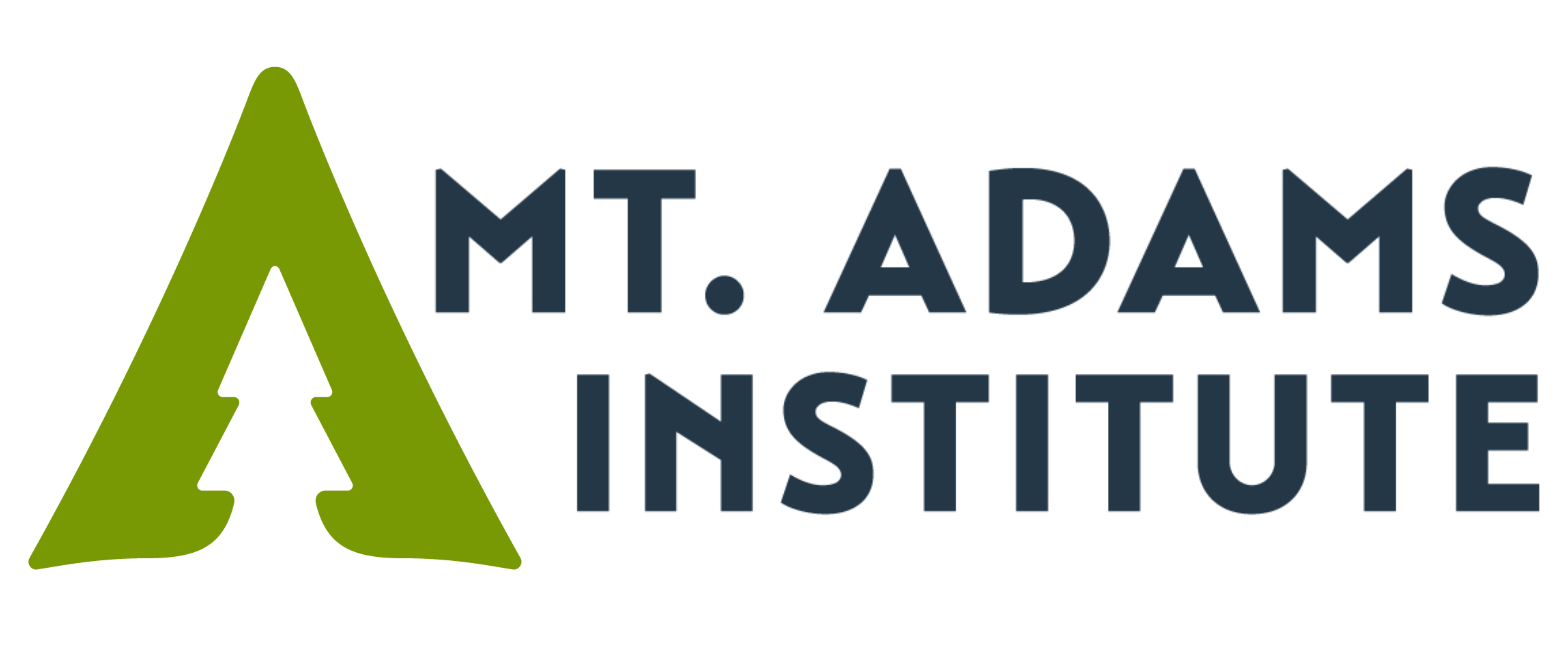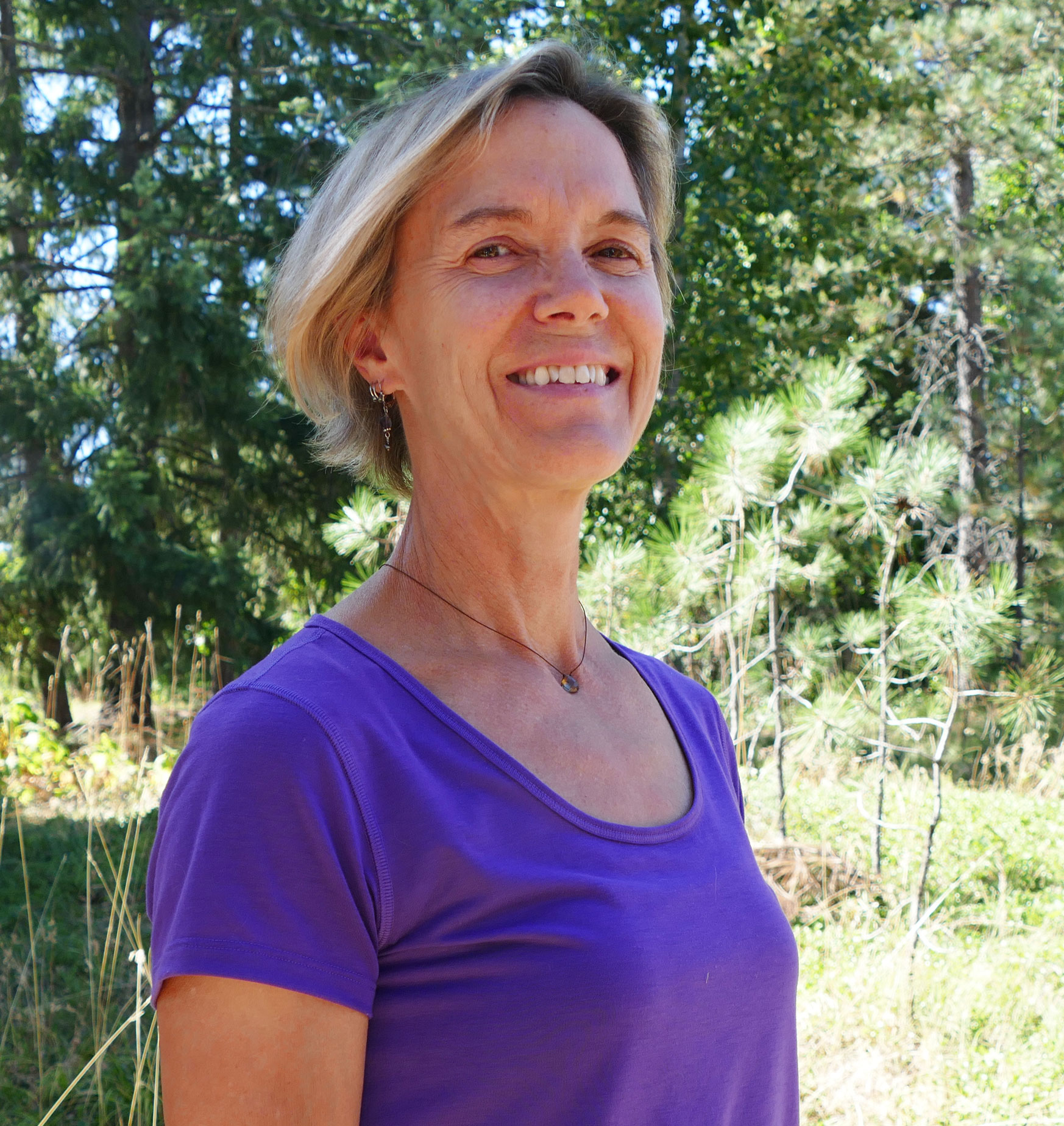Where did you grow up?
My childhood was on a beautiful lake, Gull Lake, in a rural community outside of Kalamazoo, Michigan. I also lived in northern Michigan in the Grand Traverse Bay area, where I attended a fine arts academy and from there lived and worked on a cherry farm on Lake Michigan. I did the rest of my growing up when I moved to Oregon in the late 1970s to settle down and finish my education and start a career in natural resources.
What school did you go to and what did you major in?
I began my college career at Northwestern Michigan Community College in Traverse City, Michigan. I completed my undergraduate degree in fisheries science from Oregon State University (OSU) and I received my juris doctorate and certificate of environmental law from Lewis and Clark College.
What led you to the career you are in now?
My path to a career in natural resources management began in Michigan, thanks to living in rural areas with lots of diverse water bodies, forests and agriculture. I was always outside. I also had a great ecology teacher in high school and in community college. These teachers took students on field trips canoeing through swamps looking for beavers, snowshoeing and tracking deer through northern Michigan winters, and camping on islands in Lake Michigan to study migratory birds, moose and wolves. When I moved to Oregon, while at OSU, I was very fortunate to be recruited by the U.S. Forest Service through a cooperative education program. I worked as a fisheries biologist for the Forest Service on the Oregon coast (Siuslaw National Forest) and on the Mt. Hood National Forest for several years before becoming interested in environmental law. At the same time I enrolled in Lewis and Clark School of Law, I got a job with NOAA Fisheries and have over the last few decades worked on a wide range of issues pertaining to aquatic habitat conservation and listing, and recovery of threatened and endangered species.
What is your connection to the outdoors?
Most of my play throughout my life has been outside. The outdoors refreshes and focuses me and also instills curiosity and wonder. The outdoors has always been a place where my family had precious times camping, hiking, skiing, fishing, and hanging out. Now that I am a grandmother, I am excited to share the wonders of nature through my grandchildren’s eyes. Also, during my career I have strived to learn the science of the outside. Through that quest, I have tried to help implement programs that both conserve healthy ecosystems and also serve the people who depend on those ecosystems for their livelihoods and well-being.
Why did you decide to become a board member with Mt. Adams Institute?
I first learned about MAI through a good friend who is also on the staff. She figured that MAI’s mission would align with my values and she was right! The more I got to know MAI’s dedicated and creative staff and board members, and heard stories from MAI members and students about how MAI affected their lives, the more interested I became. I wanted to be a part of this community and do what I could to serve their mission.
What about the mission of MAI resonates most with you?
The mission to strengthen the connection between people and the natural world is perfect. I am also deeply inspired by the programs to help veterans and young people work in natural resources fields. Every individual, family, and community that recognizes and explores their unique connection to the natural world, whether for fun, curiosity or livelihood, will contribute to making our world a better place.
As the new Board President for MAI, what are some ideas you have for the upcoming year?
I am looking forward to some strategic thinking and planning with MAI board and staff about MAI’s future. I hope that we reflect on the successful sustainable programs and relationships that MAI has established and from that foundation, we clarify our objectives for evolving. I also hope we continue to expand our community of partners and sponsors to support educational programs and scholarships. The stories from our members and students about how MAI affected their lives are powerful. I would like us to think about how we can expand our outreach to share these stories more broadly with others.


